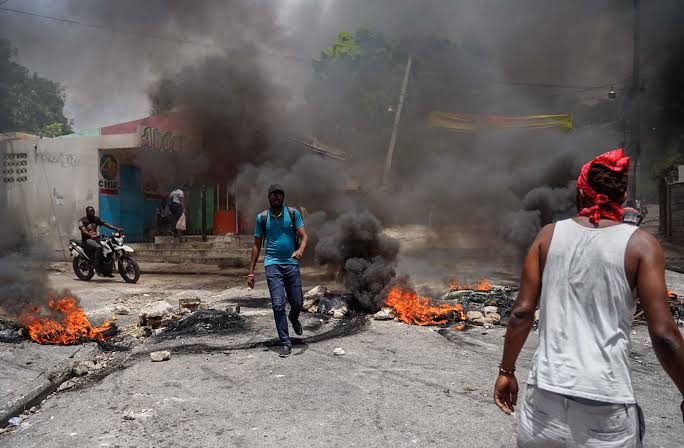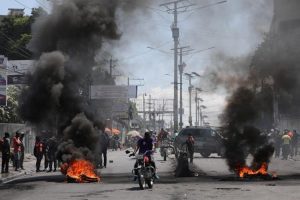Haiti’s political crisis deepens

Port-au-Prince, The Gulf Observer: Haiti’s last elected senators have officially left office, raising fears for the future of democracy in an impoverished, crime-ravaged nation that has not managed to hold a vote since 2016.
With not a single elected official left on the national stage as of Tuesday, and gangs running amok across the country, Haiti’s very future looked uncertain 18 months after its last president was assassinated.
It’s been a gradual process: the legislative branch effectively ceased to function back in January 2020, when all lower house deputies and two-thirds of the National Assembly’s upper chamber left their posts without successors to replace them.
“You can barely call it a democracy anymore,” says lawyer Samuel Madistin, “and this comes at a time when the state is losing control of the majority of its territory, 60 percent of it, to armed gangs.”
For Madistin, Haiti “is a state which, in practical terms, no longer exists.”
The assassination of president Jovenel Moise by an armed commando squad in his private residence in July 2021 only amplified the deep political crisis in which the country was already mired because of the paralysis of public institutions.
Currently, it is Prime Minister Ariel Henry, who helms the country, but having been appointed rather than elected, just 48 hours before the president’s murder, his legitimacy is widely questioned.
The Parliament building in downtown Port-au-Prince remained deserted on Tuesday, with only security guards at the gate.
Similar scenes were evident outside Haiti’s non-functioning Supreme Court and electoral commission.


